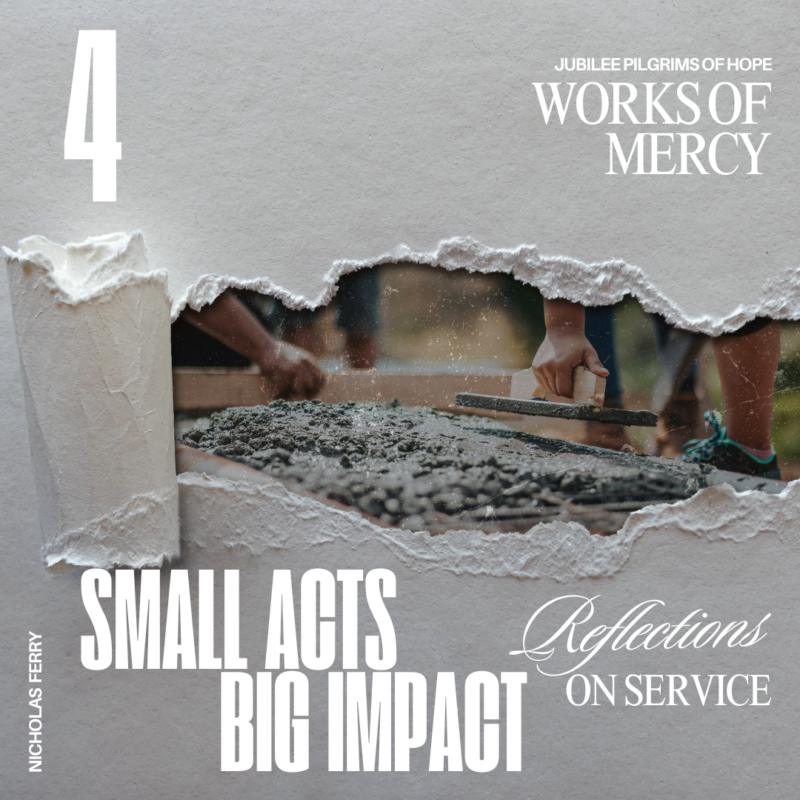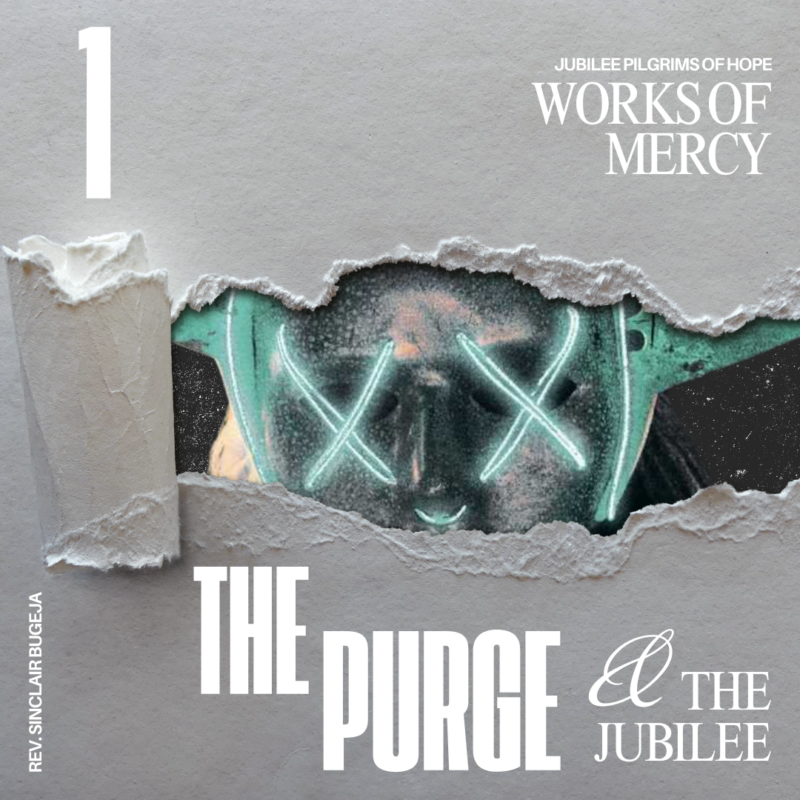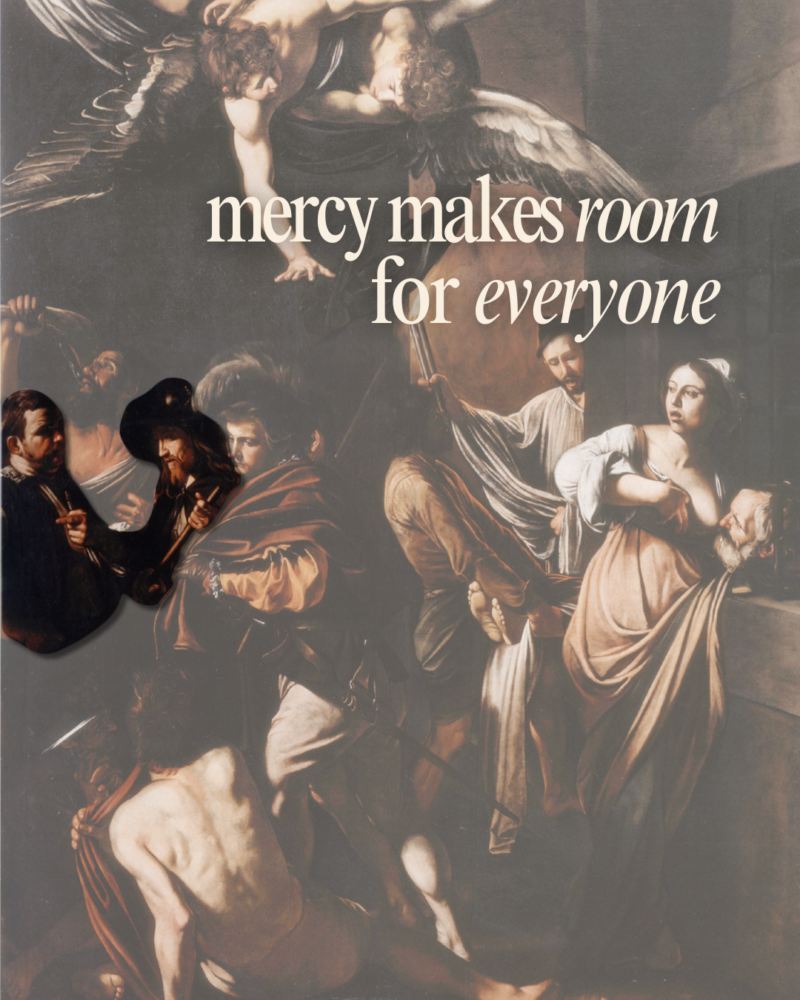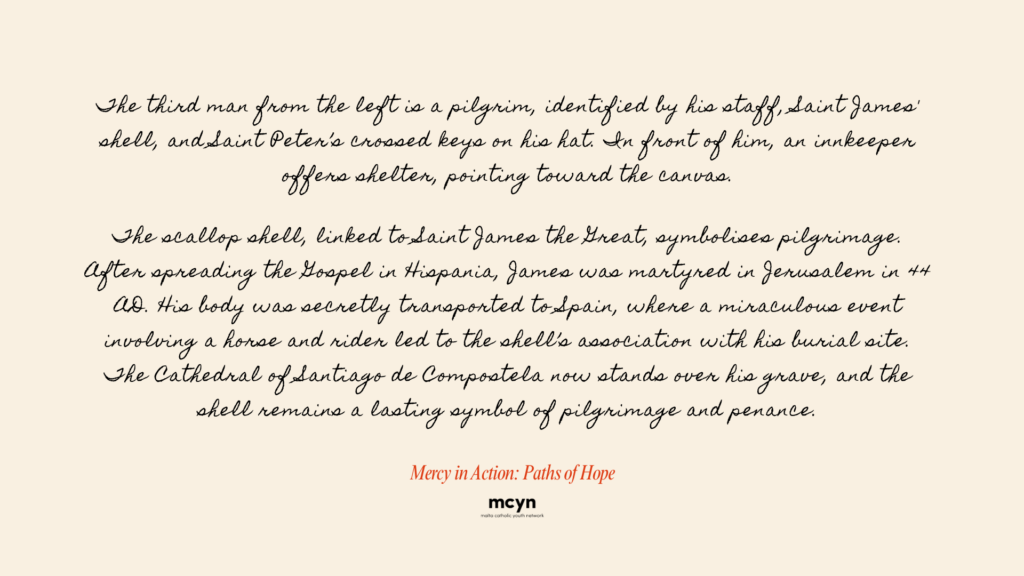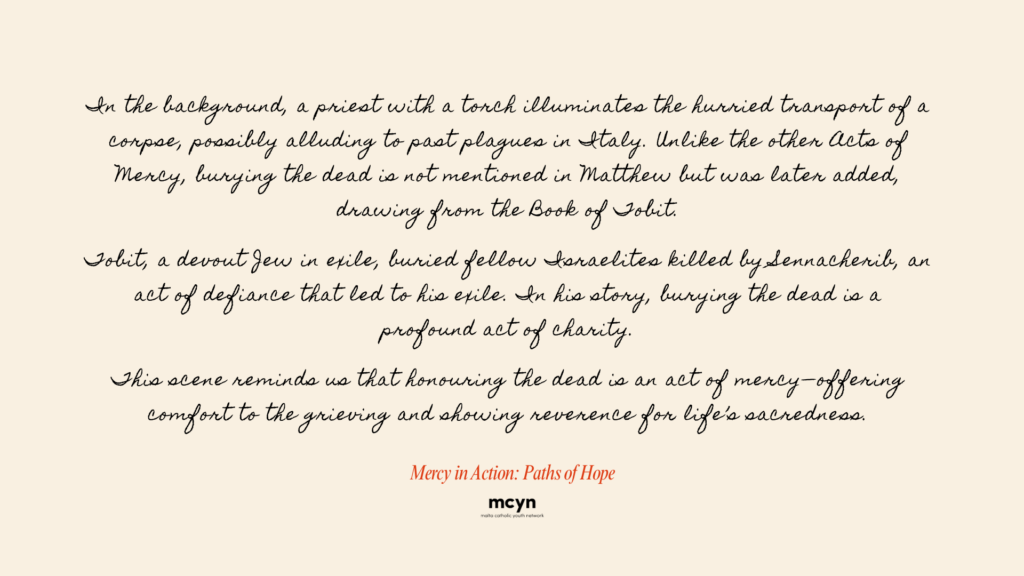Every year, the Missionaries of Charity, with the help of a dedicated team of young volunteers, organise a three-week summer camp for children. It’s a chance for these children to enjoy activities like swimming, trips to Gozo and Splash and Fun, as well as creative projects such as arts and crafts.
A story that always inspires me is about the time the Missionaries of Charity asked Mother Teresa if they could reduce their prayer time to focus more on serving others. Her response? The more work they had, the more prayer they needed. This idea became very real to us during summer camp. With so much to plan, crafts, games, outings, it was easy to feel overwhelmed. Yet, no matter how hectic things got, the Sisters always called us to join them for adoration. That one hour of quiet gave us the chance to pause, reflect on the day, and pray for those around us. Over time, I found myself looking forward to it, and even after returning to my fast-paced life as an accountant, I carried that habit with me.
One moment that really stuck with me was meeting a 10-year-old boy who constantly pushed our patience to the limit. He swore, teased the other children, and made fun of everyone, including me. After multiple warnings and a time-out (which led to a dramatic meltdown), I was shocked when, later that week, he came up to me and apologised. He broke down, admitting that at home, he was always told he was doing everything wrong. On top of that, he was responsible for house chores and looking after his two-year-old sibling because his guardians couldn’t cope. For him, summer camp was the one place where he could just be a child—where he felt seen and loved. His words changed the way I saw things. Loving these children wasn’t always easy, but as Mother Teresa once said;
Love means to be willing to give until it hurts.
Another experience that left a lasting impact on me was volunteering in Kenya. For a year, we fundraised to hire local construction workers to build houses for families in need. I’ll never forget one family who lived in a tin house barely bigger than a fridge, with five people squeezed under the same tiny roof. We played a small part in building them a new home, sturdy, made of stone and wood, with enough space to breathe. Their joy was overwhelming.
What struck me most was their generosity. They had so little, yet when we finished, they offered us tea, the best they had to give. It reminded me that sometimes, the simplest gestures mean the most.
So, here’s my challenge to you: reach out to a family member or friend you haven’t spoken to in a while. Just listen. In today’s world, loneliness is the new poverty, and even the smallest act of kindness can make a world of difference. By taking time to connect with others, we help build something greater than any house—true community and belonging.



